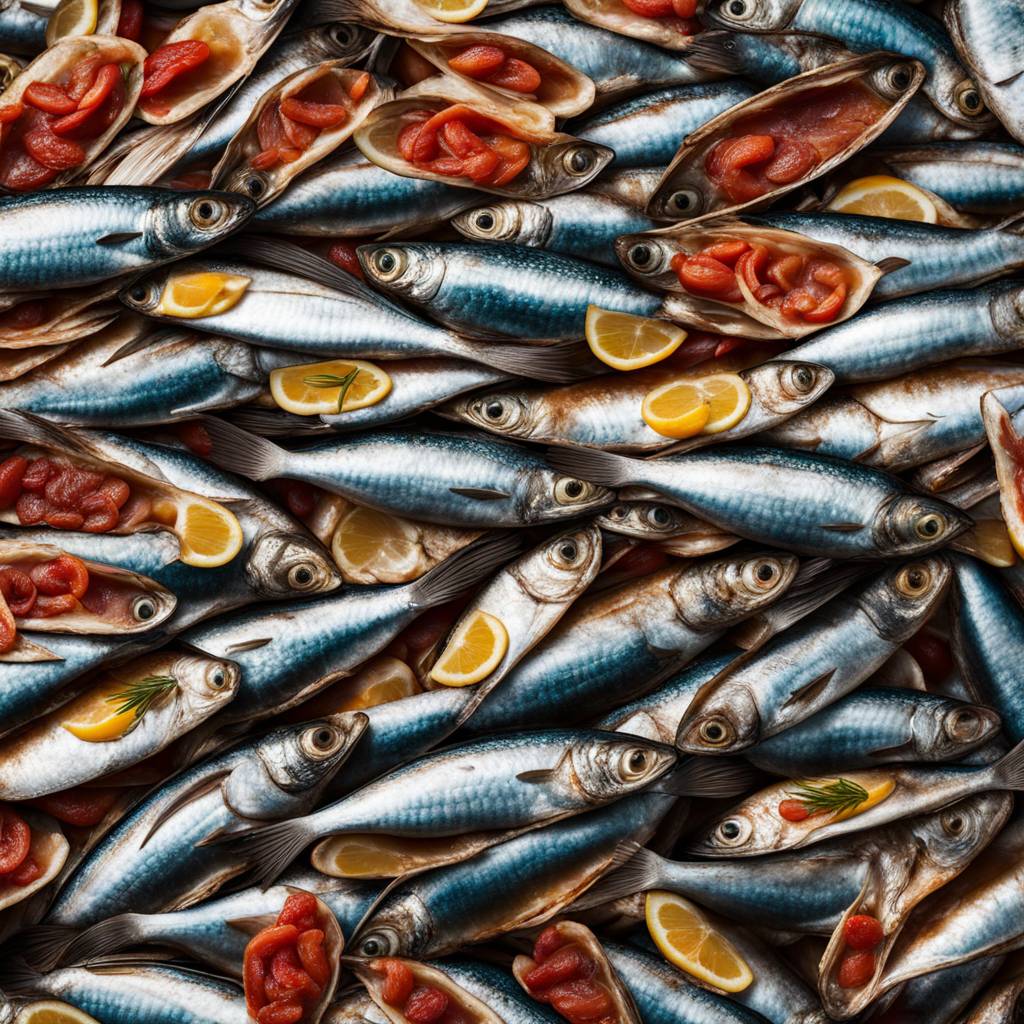A recent study published in BMJ Global Health suggests that shifting from red meat to forage fish consumption could have significant health benefits, particularly in low and middle-income countries. Forage fish such as herring, anchovies, and sardines are rich in omega-3s and other essential nutrients and are more environmentally sustainable than red meat. The study estimated that substituting red meat with forage fish could prevent up to 750,000 deaths and lower disability related to diet-related diseases by 2050. This dietary shift could be particularly beneficial in regions where these fish are affordable and abundant, and where heart disease is prevalent.
The study evaluated different scenarios to assess the potential impact of substituting red meat with forage fish in 137 countries by 2050. Prioritizing fish distribution to regions with low fish consumption, especially in low and middle-income countries, showed promise in reducing the global burden of diet-related noncommunicable diseases. The researchers projected that this dietary shift could save between 500,000 to 750,000 lives and decrease disability years by 8 to 15 million by 2050, primarily benefiting low and middle-income nations. Noncommunicable diseases account for 41 million deaths annually, with the majority occurring in low and middle-income countries.
Forage fish consumption, while not able to fully replace red meat globally, could increase daily fish intake to close to the recommended amount in many countries. This shift could potentially reduce the prevalence of coronary heart disease, stroke, diabetes, and colorectal cancer by 2% by 2050. These health benefits are attributed to the omega-3 fatty acids present in forage fish, known to improve cholesterol levels, brain health, and cardiovascular health. In contrast, red meat consumption has been linked to an increased risk of developing diseases such as cancer, diabetes, and heart disease.
Individuals seeking plant-based sources of omega-3 fatty acids have options such as nuts, seeds, and marine microalgae. Marine microalgae serve as a direct source of EPA and DHA, the omega-3s found in fish, making them a valuable addition for vegetarians and vegans. While nuts and seeds do not provide EPA and DHA directly, they supply ALA, which the body can convert into these essential fatty acids. These plant-based alternatives also offer dietary fiber, which is absent in forage fish. Overall, making these dietary changes could have significant health and environmental benefits.
Despite the potential advantages of transitioning to forage fish from red meat, there are challenges to implementing these changes, particularly in low and middle-income countries where access to nutritious food is limited. Addressing health inequities and promoting dietary shifts will require strategies such as subsidies and education programs to ensure accessibility for all populations. Additionally, cultural preferences for red meat, overfishing, and ecosystem disruption may hinder a global shift towards forage fish consumption. Continued research and practical solutions are needed to address these challenges and make this dietary shift a reality.


